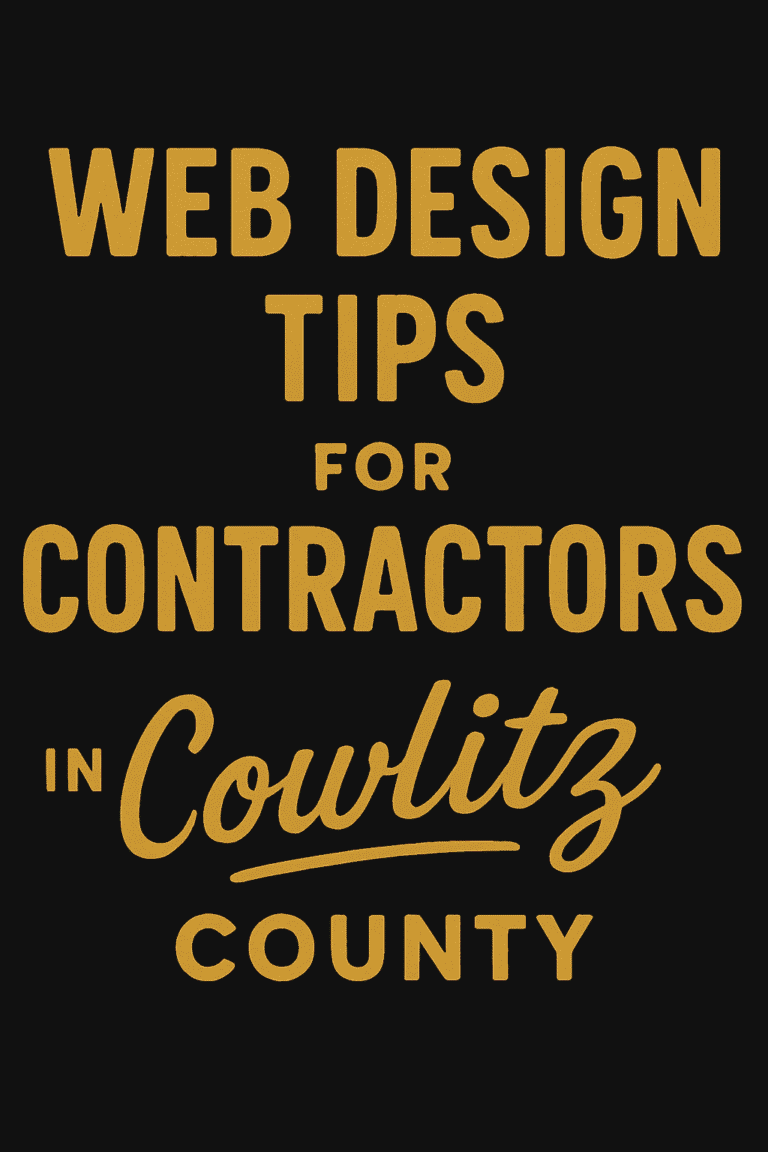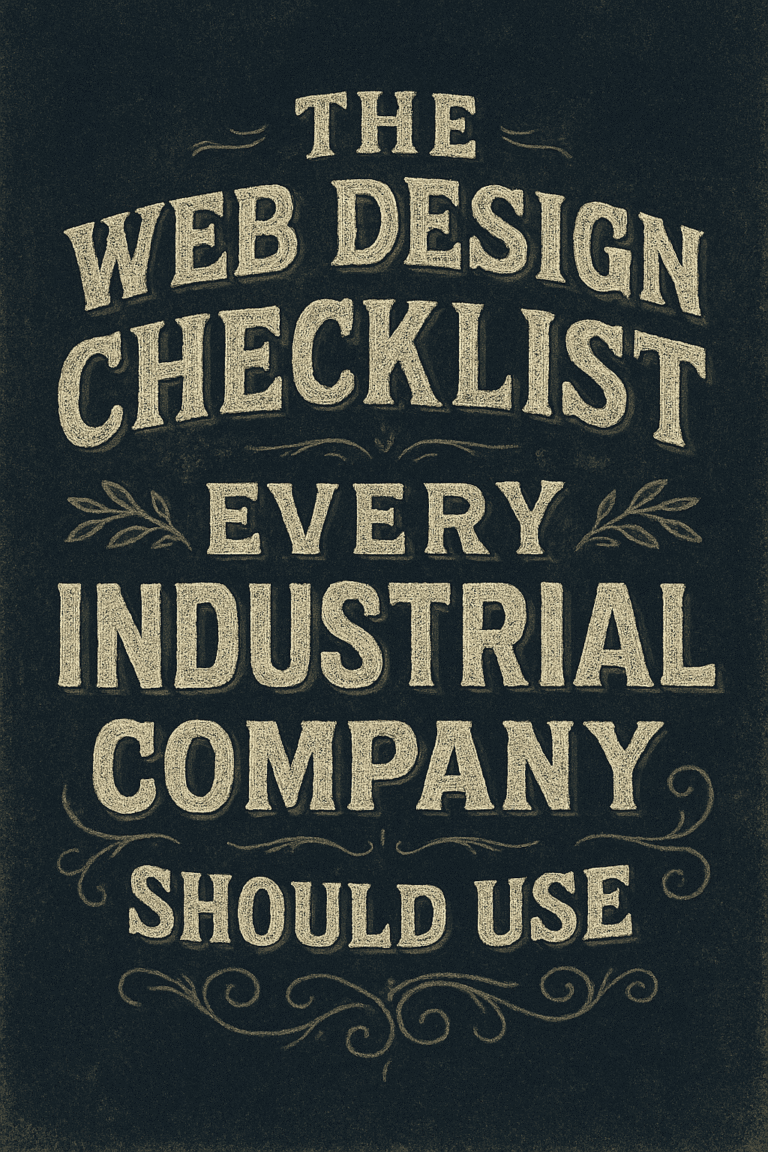
A slow website is a death sentence for any business. In this blog post, we will discuss some tips that will help speed up your WordPress site. Follow these tips and you will see a significant improvement in your website’s performance!
What is a fast website?
Generally, the faster a website loads, the better it is for your users. This is because a fast website will keep users engaged and prevent them from leaving your site in search of one that loads more quickly. In fact, studies have shown that a delay of just one second can result in a 7% loss in conversions.
How to test the speed of your WordPress site:
There are a number of tools that you can use to test the speed and performance of your WordPress site. One example is the Pingdom Website Speed Test, which provides detailed information on everything from file sizes to load times. You can also try using Google’s PageSpeed Insights tool, which not only provides information on speed, but also offers recommendations on how to improve it.
Once you have analyzed your site’s performance, it’s time to start making improvements.
Backup your website and database:
The first step in optimizing your WordPress site is to back up your website and its database. This will ensure that you always have a safe and secure backup in case any issues arise during the optimization process. There are a number of plugins available that can help with this, such as BackupBuddy.
It all starts with hosting
To ensure that your WordPress site runs smoothly and is quick to load, you need to choose a reliable web hosting provider. Some of the key factors to look for when choosing a hosting service include server speed, bandwidth, and up-time guarantees.
What types of hosting platforms are available?
There are several different types of hosting platforms available, including shared hosting, VPS (virtual private server) hosting, cloud hosting, and dedicated server hosting. Each platform has its own set of pros and cons, so it’s important to carefully consider your needs before choosing a particular type of hosting plan.
Shared hosting: Shared hosting is the most commonly used option, as it is affordable and typically offers good speed and performance. However, because you are sharing a server with other users, your site may be slower at times if other sites on that server are experiencing high traffic levels.
VPS hosting: VPS hosting uses virtualization technology to split a single physical server into many “virtual” servers. Because you have more control over the resources on your virtual server, this type of hosting can be a good option if you need greater security and customization options. However, it is also more expensive than shared hosting.
Cloud hosting: Cloud hosting relies on multiple distributed servers to host your website, instead of relying on a single physical server. This can offer greater speed and scalability, as well as more flexibility when it comes to the configuration of your hosting environment. However, this type of hosting is typically more expensive than shared or VPS hosting.
Dedicated server hosting: Dedicated server hosting is typically used by large businesses that need an extensive amount of server resources to power their websites. This type of hosting plan offers the most control and customization options, but it is also more expensive than other options.
Ultimately, the best hosting platform for your WordPress site will depend on your specific needs and budget. However, by considering these factors and talking to your web hosting provider, you can find a plan that will help your site run smoothly and quickly.
Reduce the number of plugins
Another important step to speed up your WordPress site is to reduce the number of plugins you are using. Too many plugins can slow down your site by adding extra code and resources that are not necessary for its normal functioning. To minimize this issue, only use plugins that are absolutely essential for your site, and try to avoid using plugins that have a negative impact on your site’s speed and performance.
Optimize your site code
In addition to reducing the number of plugins you are using, it’s also important to optimize your site code for speed. This can be done by using compression tools, minifying your CSS and JavaScript files, and following best practices for web development. When used strategically, these techniques can significantly reduce the amount of time it takes to load your website and improve the overall performance of your WordPress site.
Optimize your database
It’s also important to optimize your site’s database for speed and performance. One of the best ways to do this is by regularly deleting old or unwanted data from your database, as well as optimizing existing content for faster retrieval. Additionally, you can use plugins that help maintain your database and keep it running smoothly, such as WP-Optimize and WP-DBManager.
Optimize your website’s images to reduce page load times and improve performance.
Your website probably contains a lot of images, and it’s important to optimize these as much as possible to improve load times. This can be done manually by resizing your photos or using image compression tools, or you can use plugins that will automatically optimize your website’s images for you.
Use browser caching to your advantage
Browser caching refers to a feature on your web browser that allows it to store copies of the website files you have visited in its cache memory. This can reduce the amount of time it takes for the browser to load websites and pages, making your site run faster and more efficiently. To enable browser caching on your site, you may need to adjust the settings in your web server and web hosting account, or you can use a plugin to take care of this process for you.
GZIP compression
GZIP compression is another effective way to speed up your WordPress site. GZIP compression is a feature that compresses the files on your website before they are transferred from your server to the browser, reducing their size and helping them load more quickly. To enable GZIP compression on your site, you may need to make some changes in your web server or hosting account, or you can use a plugin to help you out.
Lazy load images, videos, and other media files to reduce load times
One of the best ways to speed up your WordPress website is to optimize the images, videos, and other media files that are included on your site. This can be done by implementing a lazy loading technique, which only loads these types of content when they come into view on the screen. By doing so, you can help minimize the load time of your site and keep your visitors happy.
Disable hotlinking
If someone else embeds an image or video from your site on their website, it can slow down your site’s performance. This is because the other website will be loading files directly from your server, rather than hosting them on their own servers. To prevent this issue, you may need to set up hotlink protection in your web server or hosting account.
Reduce requests to your server by minimizing the use of external resources
Many WordPress websites rely on a variety of external services and resources, such as social media widgets or embedded videos, to function properly. However, these requests can hurt your site’s speed and performance by requiring additional processing time. To minimize this issue, try to opt for external resources that load asynchronously or use less complex code.
Keep WordPress and plugins up-to-date
In order to ensure optimal speed and performance for your WordPress site, it’s important to keep both WordPress itself and any plugins you are using regularly updated. Outdated versions of software can lead to issues with speed and reliability, so it’s crucial that you stay on top of the latest updates as they become available. Some hosting providers may offer automatic updates for your WordPress site, so be sure to check with yours to see if this option is available.
Use a Content Delivery Network
If you want to take your site’s speed and performance to the next level, you may want to consider using a Content Delivery Network (CDN). A CDN is a network of servers that are distributed around the world and can help speed up your site by serving up website files from nearby servers. This not only makes your site faster for visitors, but can also help with SEO and overall performance. There are a number of CDN providers available, so do some research to find the best option for your site’s needs.
Keep your website secure
In addition to optimizing your WordPress site for speed and performance, it’s also important to take steps to keep your site secure. This can be done by using strong passwords, enabling two-factor authentication, and updating any plugins or themes that may contain vulnerabilities. Additionally, you should consider investing in premium security software to help prevent hacks and other malicious attacks that could compromise the speed and performance of your site.
Update PHP and MySQL versions
One of the best ways to speed up your WordPress website is to ensure that you are using the most recent versions of PHP and MySQL. This will help to keep your site running smoothly, minimize issues with performance or compatibility, and protect against any security vulnerabilities.
Take action
So, if you want your business to succeed, make sure that your website is running as fast as possible. Use the tips we’ve outlined in this blog post and see how your website’s performance improves.
If you want even more help or are looking for a total overhaul of your website performance, our team at Graticle is here to help. We have years of experience speeding up WordPress sites and would love to put our expertise to work for you. Contact us today for a free consultation! Call or text (360) 450-3711 or send us a message here.
—
Frequently Asked Questions about WordPress Speed
How fast does a WordPress website need to be?
There is no one-size-fits-all answer to this question, as site speed can vary depending on various factors such as the size and complexity of your site’s content, the type of hosting platform you are using, and the level of optimization you have implemented. That being said, in general, most experts agree that a WordPress site should load in under 2 seconds to provide the best user experience.
Did speed optimization always matter for WordPress sites?
While optimizing a WordPress site’s speed has become more important in recent years, there has actually always been a focus on website performance, dating back to the early days of the internet. As users expect faster and faster load times from online content, it is crucial that web developers and site owners work to continually improve the speed and performance of their WordPress sites.
What if my website is already fast?
If your WordPress site is already performing well, there are still a few steps you can take to further improve its speed and performance. This might include implementing more advanced optimization techniques such as caching, minifying resources, optimizing images, and more. It’s also important to regularly monitor your website speed using tools like Google PageSpeed Insights or GTmetrix, and to make changes as necessary based on the results. With some time and effort, you can be sure that your WordPress site is delivering the best possible user experience.
My website broke after I implemented speed optimization techniques. What should I do?
If your WordPress site experiences any issues or breaks after implementing speed optimization techniques, it’s important to troubleshoot the problem as soon as possible. This might involve reviewing your site code and settings, checking for any conflicts with other plugins or themes, and more. If you are not confident in your ability to fix the problem on your own, it may be helpful to consult with a WordPress developer or web optimization specialist who can help you identify and resolve any issues. With the right tools and guidance, you can make sure that your WordPress site is running smoothly and delivering great performance for your users.
I have more questions about optimizing my WordPress site. Where can I find help?
If you are looking for more information about speeding up a WordPress site, give us a call (360) 450-3711. There are a variety of tools and techniques you can use to improve your site’s speed and performance, from basic optimization practices like image compression to more advanced techniques such as caching. Our team at Graticle is here to help you find the right solutions for your website, so feel free to reach out any time with questions or concerns. We look forward to working with you!





